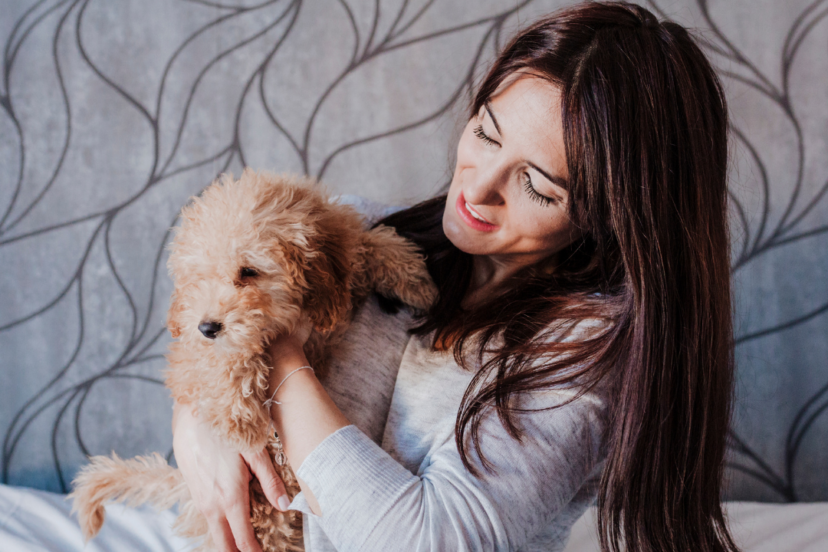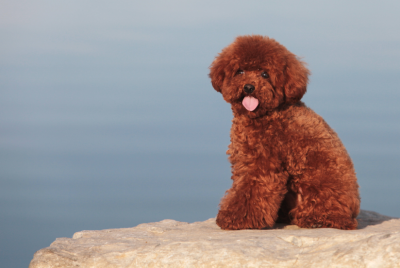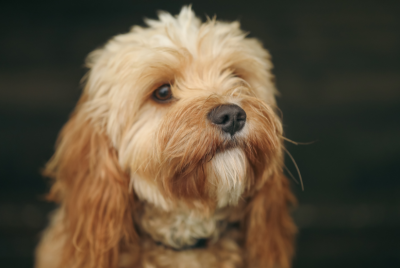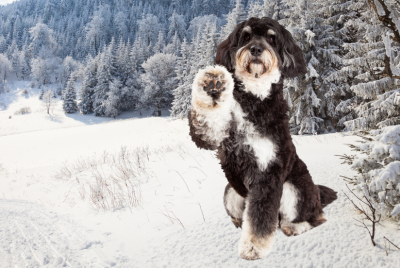Are Poodles Protective of Their Owners? Unveiling the Protective Instincts of These Remarkable Canines
Introduction: The Loyal Guardians in Curly Coats
When it comes to selecting a dog breed, many factors come into play. One aspect that pet owners often consider is the protective nature of the dog. People want a furry companion who will not only bring joy and companionship but also offer a sense of security and protection. In this regard, poodles have gained a reputation for being loyal and protective of their owners. But are poodles truly protective? In this article, we will delve into the world of poodles and explore their natural protective instincts, shedding light on the question, “Are poodles protective of their owners?”
Are Poodles Protective of Their Owners?
Poodles, with their distinctive curly coats and elegant appearance, have long been regarded as intelligent and affectionate companions. But do these characteristics extend to their protective instincts? The answer is a resounding yes! Poodles are indeed protective of their owners, and they demonstrate this loyalty and devotion in various ways. Let’s take a closer look at how poodles display their protective nature:
1. Alertness and Vigilance: Ever-watchful Guardians
Poodles have a keen sense of awareness and are naturally alert, making them excellent watchdogs. They possess an inherent ability to detect any potential threats or unusual activity in their environment. With their acute senses, poodles can quickly identify unfamiliar faces, sounds, or changes in their surroundings, providing an extra layer of security to their owners.
2. Barking as a Warning Sign: The Vocal Protectors
One notable way poodles express their protective instincts is through their barking. These canines are not shy about using their vocal abilities to alert their owners of potential dangers. Whether it’s a knock at the door or an unfamiliar noise, poodles will bark to let their owners know that something is amiss. Their alertness and vocal warnings can deter intruders and give their owners precious time to react appropriately.
3. Bonding and Loyalty: A Strong Protective Connection
Poodles are known for their deep bonds with their owners. They form strong attachments and are fiercely loyal to their human companions. This sense of loyalty translates into their protective behavior. Poodles will go to great lengths to ensure the safety and well-being of their owners, acting as devoted guardians in times of need.
4. Intelligence and Problem-Solving: Strategic Protectors
Intelligence is a hallmark trait of poodles. These highly intelligent dogs possess problem-solving skills that contribute to their protective nature. Poodles can quickly assess a situation and react accordingly, making calculated decisions to protect their owners. Their ability to think on their feet and strategize enables them to act as effective protectors.
5. Fearlessness and Bravery: Bold Protectors
Poodles may be known for their elegant appearance, but beneath those stylish curls lies a courageous heart. When faced with a threat or a potentially dangerous situation, poodles demonstrate bravery and fearlessness. They are not afraid to confront intruders or defend their loved ones, making them excellent protectors.
6. Instinctual Drive: Nurturing and Protective of the Pack
Poodles have a strong instinctual drive to protect their pack, which includes their human family members. This instinct is deeply ingrained in their nature and harks back to their ancestral roots. Poodles, originally bred as water retrievers, were tasked with retrieving game for their human companions. This instinct to provide and protect their pack members has been preserved through generations, making them instinctual guardians.
Frequently Asked Questions about Poodles’ Protective Nature
Here are some frequently asked questions about poodles’ protective instincts, along with their corresponding answers:
1. Are poodles protective of their owners when it comes to strangers?
Yes, poodles can be protective of their owners when it comes to strangers. Their alertness and vigilance help them identify potential threats, and they may display protective behavior towards unfamiliar individuals.
2. Do poodles show aggression towards other animals in defense of their owners?
While poodles can be protective, their protective behavior is not necessarily accompanied by aggression towards other animals. They may exhibit warning signs and use their body language to communicate their protective stance.
3. Can poodles be trained to enhance their protective instincts?
Yes, poodles are highly trainable dogs, and their protective instincts can be further developed through proper training and socialization. Training can help channel their instincts in a controlled and positive manner.
4. Do poodles differentiate between real threats and harmless situations?
Poodles have a keen sense of discernment and can differentiate between real threats and harmless situations. They rely on their instincts, intelligence, and the cues provided by their owners to gauge the level of danger.
5. Are all poodles equally protective, or does it vary among individuals?
Protectiveness can vary among individual poodles, just as it does with any other dog breed. Factors such as genetics, upbringing, socialization, and individual personalities can influence the extent to which a poodle displays protective behavior.
6. Can poodles’ protective nature be a problem in certain situations?
While poodles’ protective instincts are generally seen as a positive trait, they can sometimes be overprotective or exhibit anxious behavior if not properly trained and socialized. It is essential to strike a balance and ensure that their protective nature does not lead to aggression or excessive anxiety.
Conclusion: Poodles, the Guardians of the Heart
In conclusion, poodles are undeniably protective of their owners. Their natural instincts, coupled with their intelligence, loyalty, and vigilance, make them excellent guardians. Poodles will go to great lengths to ensure the safety and well-being of their human companions, providing a sense of security and peace of mind. However, it is important to remember that each poodle is an individual, and the extent of their protective behavior may vary. By understanding and nurturing their protective instincts through training and socialization, poodle owners can harness their loyal companions’ protective nature in a positive and balanced way. So, if you’re considering adding a poodle to your family, rest assured that you’ll have a loving and protective companion by your side.




